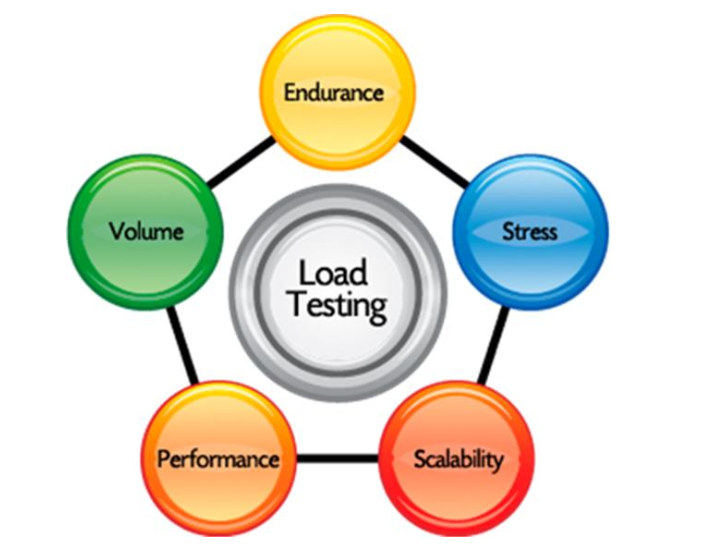
Singapore’s vibrant economy, marked by strong sectors such as finance, technology, and real estate, provides unique opportunities for investors. Sector-specific ETFs (exchange-traded funds) allow investors to target and capitalize on these thriving areas. By focusing on specific sectors, investors can benefit from targeted exposure and diversification in high-growth or stable industries without the need to select individual stocks.
Singapore’s Economic Landscape and Key Sectors
Singapore is one of Asia’s most dynamic markets, fueled by a diverse economy driven by innovation, robust trade, and a forward-thinking regulatory environment. As a strategic hub in Southeast Asia, Singapore has cultivated sectors that are attractive for long-term investments, including:
Technology and Telecommunications
Singapore’s government has invested heavily in digital infrastructure, positioning the country as a leader in technology and telecommunications. From cybersecurity to fintech, the tech sector is booming, drawing both local and international interest.
Financial Services
Singapore is a global financial powerhouse, home to major banks, investment firms, and fintech innovators. Its stability, regulatory support, and access to Asian markets make it a key financial hub in the region.
Real Estate and REITs
Real estate, including real estate investment trusts (REITs), is an essential component of Singapore’s economy. With limited land and strong demand, real estate remains valuable, especially in the commercial and industrial sectors. Investors looking for income-generating assets often find REITs in Singapore an attractive option.
Industrial and Logistics
Singapore’s strategic location has made it a logistics and industrial hub. With advancements in e-commerce, demand for industrial spaces like warehouses has surged. ETFs focusing on logistics and industrial real estate provide investors exposure to this resilient sector.
Advantages of Sector-Specific ETFs for Singapore Investors
By investing in a sector ETF, you get concentrated exposure to high-performing industries without committing to individual companies. This focus allows you to ride sectoral trends and capture growth in promising sectors.
Sector-specific ETFs spread investments across multiple companies within an industry, reducing individual stock risk. This is particularly valuable in sectors prone to volatility, as ETFs balance exposure within a sector.
ETFs are traded on stock exchanges, making them as liquid as individual stocks. Investors can enter and exit positions easily, which is ideal for both short-term traders and long-term investors. ETFs often have lower fees than actively managed funds, making them a cost-effective way to gain sector exposure. This affordability appeals to retail investors as well as institutional traders.
Popular Sector-Specific ETFs in Singapore
Technology-focused ETFs offer exposure to high-growth companies in tech. Given Singapore’s push towards digitalization and tech innovation, investors may consider these ETFs to benefit from the sector’s evolution in Asia and globally.
Singapore’s financial strength can be accessed via financial ETFs that focus on banking, insurance, and financial services. This option is ideal for investors seeking stability and growth from the country’s banking infrastructure and growing fintech ecosystem.
REITs are particularly popular for income-focused investors. Real estate ETFs, especially those focused on industrial and commercial properties, offer a way to benefit from Singapore’s constrained land market and stable rental yields.
For investors interested in healthcare, ETFs focusing on biotechnology and pharmaceuticals are a way to capitalize on Singapore’s growing healthcare sector, particularly relevant in a post-COVID world where demand for healthcare innovation is high. Industrial sector ETFs focus on the logistics and trade sectors. As Singapore is a global logistics hub, these ETFs can benefit from long-term trends in e-commerce and international trade.
Key Market Trends Influencing Singapore’s Sectors
The Singaporean government has prioritized tech innovation, supporting sectors like artificial intelligence, fintech, and cybersecurity. Investors in tech-focused ETFs stand to benefit from these policies and innovations.
The financial services sector in Singapore is undergoing a digital transformation, with fintech, digital banking, and sustainable finance on the rise. Financial ETFs focusing on these areas may capture growth fueled by regulatory support and consumer demand.
Demand for industrial properties has increased as businesses adopt hybrid work models and prioritize logistics. Real estate ETFs can capture returns from this demand, particularly in industrial and commercial real estate sectors.
Singapore’s focus on healthcare innovation, combined with growing global demand, has bolstered the healthcare sector. Biotech and healthcare ETFs align well with this upward trend.
Evaluating Sector-Specific ETFs in Singapore
Analyzing historical performance can reveal how well an ETF has responded to past economic shifts. Look for funds with consistent returns in line with sector growth. Expense ratios are an essential factor as they impact your overall returns. Lower expense ratios help maximize returns over the long term.
Each ETF has a unique composition of holdings. Review the specific companies within the ETF to ensure they align with your sectoral investment goals. Understand the specific risks of each sector. For example, technology can be volatile, while real estate may be subject to economic cycles and government regulations.
Conclusion
Sector-specific ETFs provide an accessible way for investors to capture growth in Singapore’s prominent industries. By aligning with key economic trends, such as technology adoption and healthcare innovation, these ETFs allow investors to leverage sectoral growth while maintaining diversified exposure.
For those looking to tailor their portfolios with the precision of sector investing, click here to learn more about incorporating sector-specific ETFs to maximize returns and manage risk effectively.





